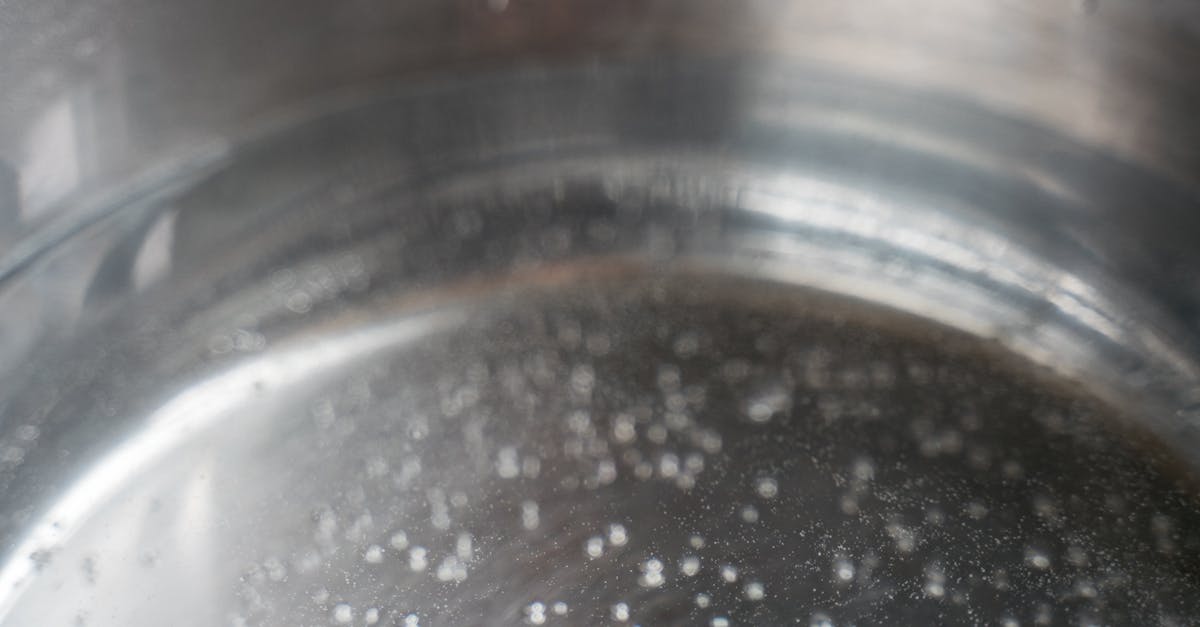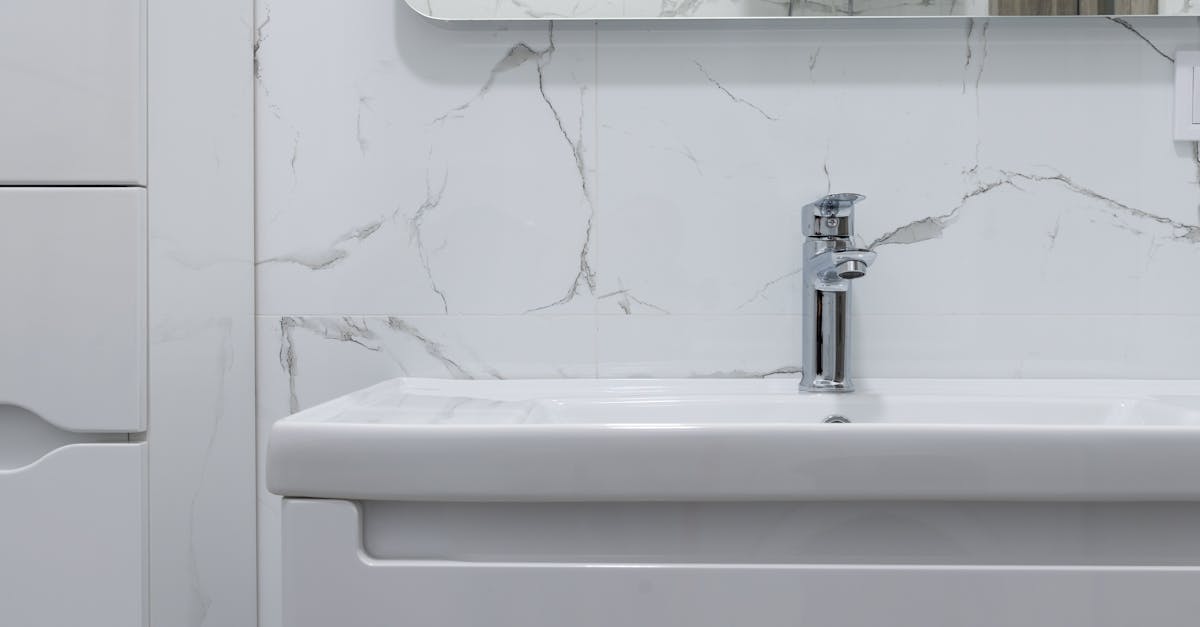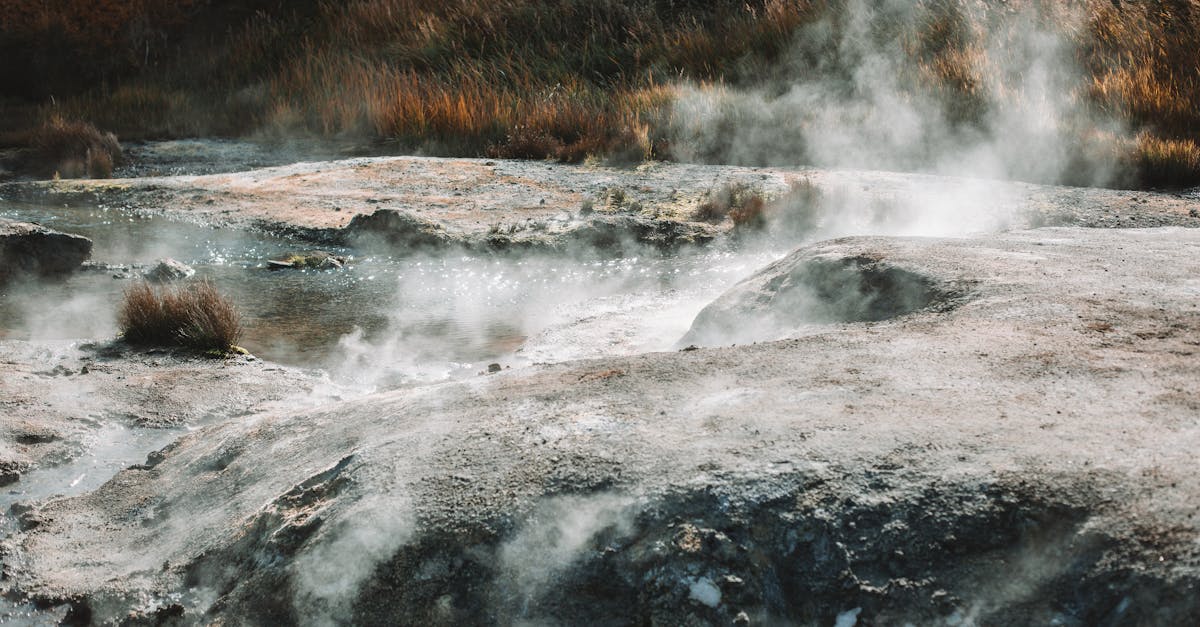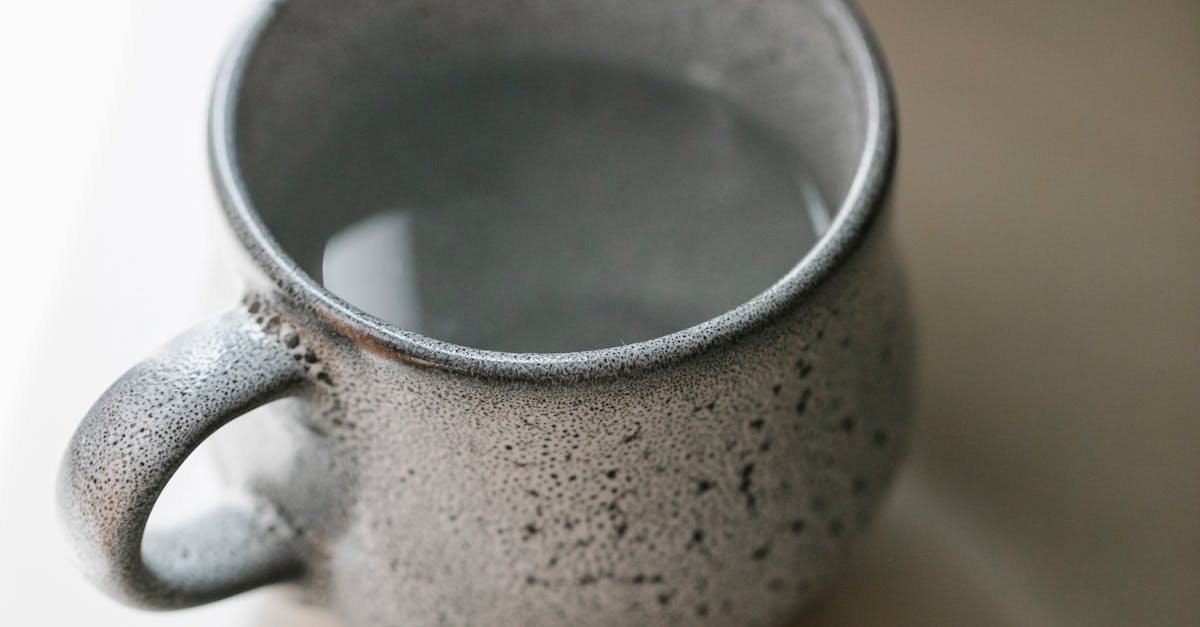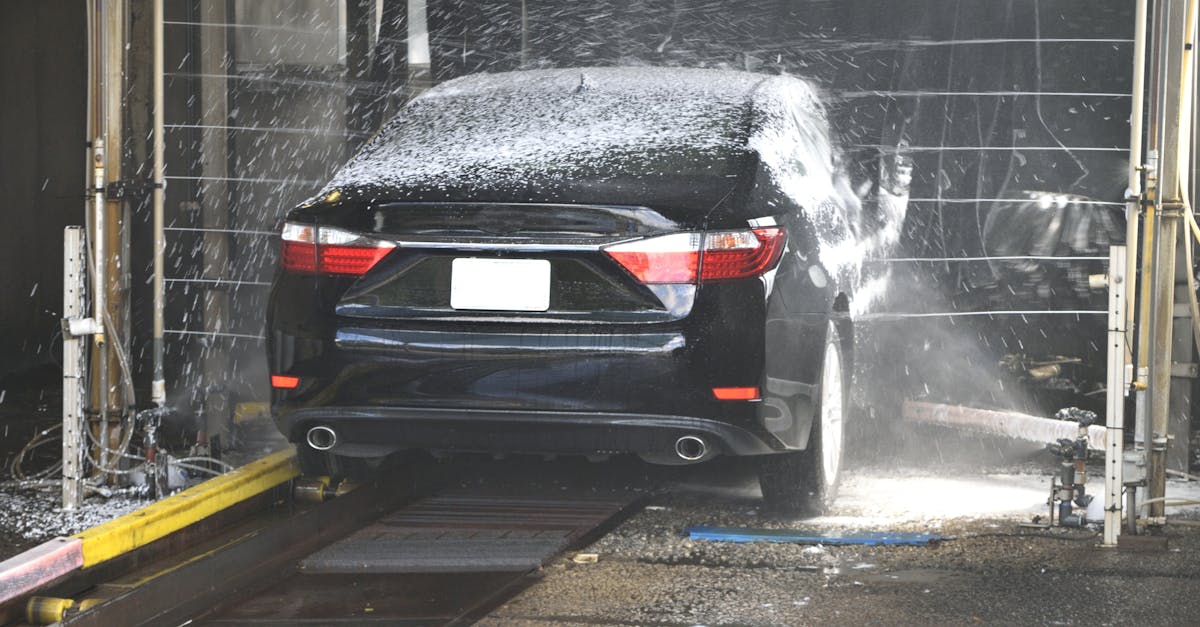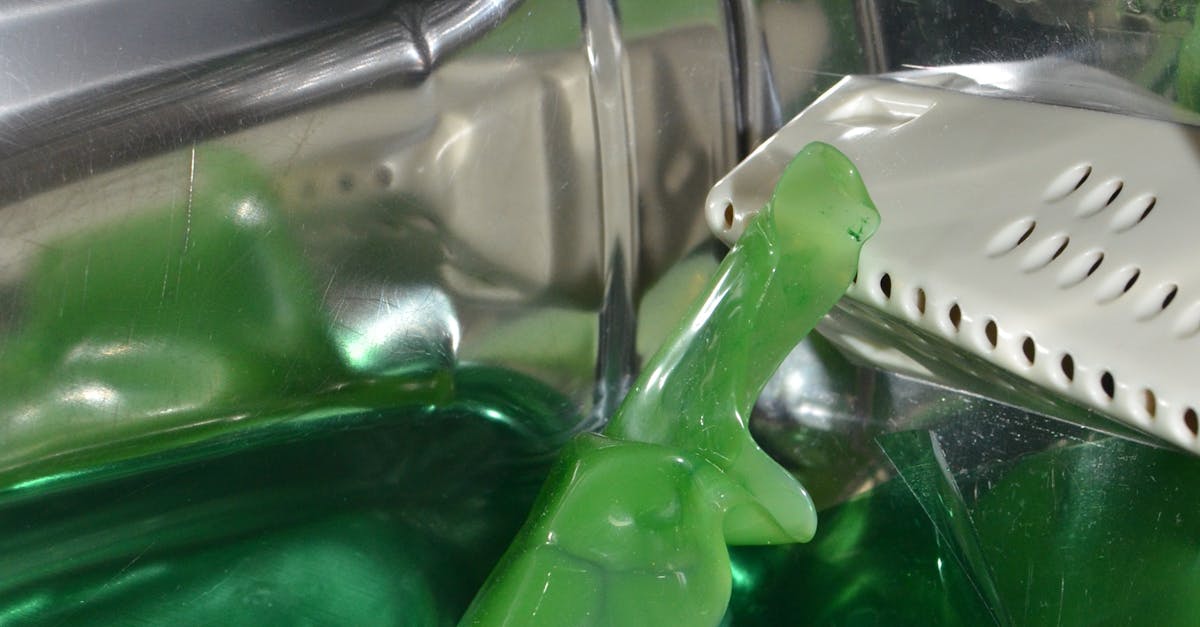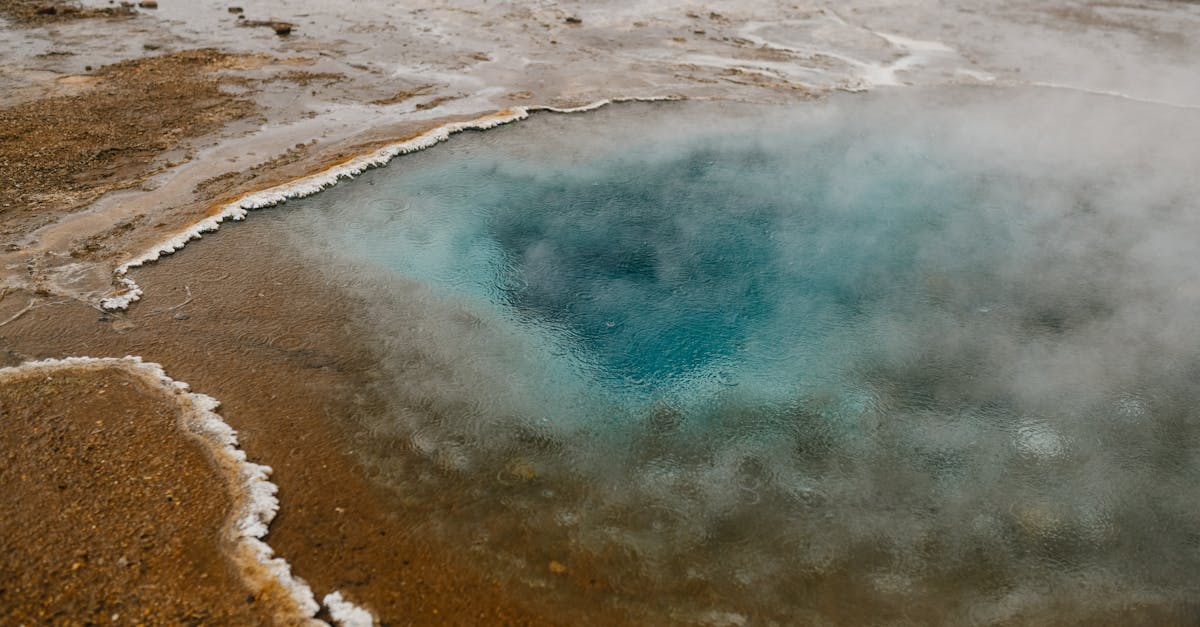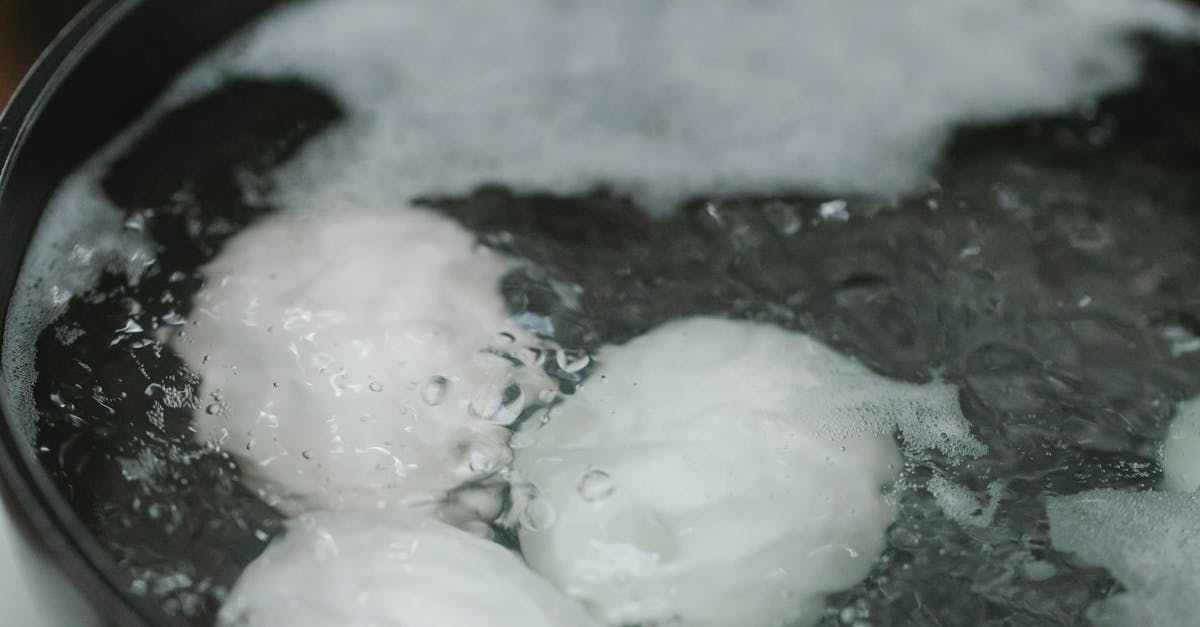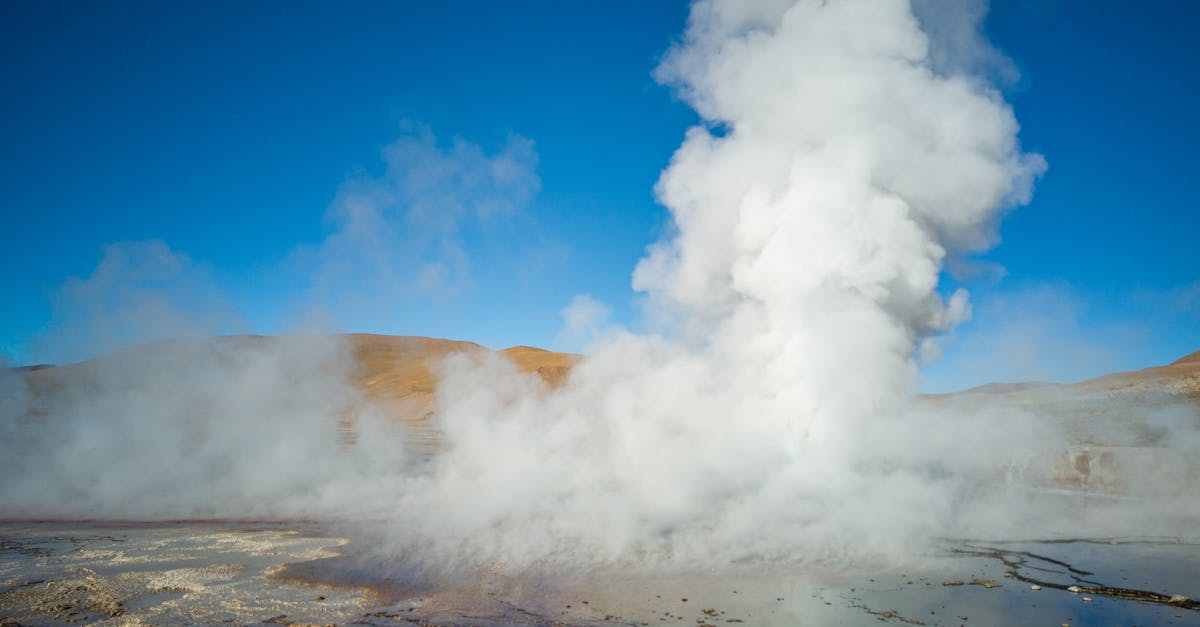
Table Of Contents
Professional vs. DIY Cleaning
When considering hot water system cleaning, homeowners often face the dilemma of choosing between professional services and a do-it-yourself approach. Professional cleaners possess the expertise and tools necessary to effectively remove sediment buildup and ensure the system operates efficiently. They can identify potential issues that may not be evident to a layperson, offering peace of mind and thorough care for your hot water tank.
On the other hand, some homeowners prefer the DIY route to save costs or take on the challenge themselves. With the right resources and a basic understanding of the cleaning process, it is possible to maintain a hot water system adequately. However, this option requires careful research and may involve risks if not executed properly. Ensuring safety and avoiding damage to the tank should be top priorities for anyone considering this approach.
Evaluating Your Options
When considering your options for hot water tank maintenance, you can choose between professional services and a DIY approach. Professional cleaning can provide a thorough inspection and maintenance, often ensuring that all components are functioning properly. Certified technicians have the necessary tools and expertise to identify potential issues that may not be visible to the untrained eye. They can also take care of disposal and safety protocols, which is a plus if you prefer not to handle those aspects.
On the other hand, DIY hot water system cleaning can be a cost-effective solution for those who are handy and willing to invest time in the process. This option allows homeowners to familiarize themselves with their hot water tanks and understand their specific needs. However, it's crucial to carefully follow guidelines and safety measures to avoid any mishaps. Whether you opt for professional help or attempt the cleaning yourself, ensure you have a clear plan that outlines what needs to be done to maintain the efficiency and longevity of your hot water system.
Potential Issues from Neglecting Maintenance
Neglecting regular maintenance of your hot water tank can lead to a range of issues that may compromise its performance. Accumulation of sediment and mineral buildup reduces efficiency. This can lead to increased energy consumption and higher utility bills, as the system works harder to provide hot water. Some homeowners may also experience a decline in water quality, which can manifest as a cloudy appearance or unpleasant odors.
In severe cases, failure to conduct proper hot water system cleaning could result in significant damage to the tank itself. Corrosion and rust may develop, leading to leaks or even catastrophic failures that require costly repairs or replacement. Additionally, neglecting this aspect of maintenance can void warranties, leaving homeowners responsible for all expenses. Regular hot water system cleaning is essential to prevent these risks and maintain the longevity of your water heating system.
Consequences of a Dirty Hot Water Tank
Neglecting the cleanliness of a hot water tank can lead to a variety of complications that affect both efficiency and safety. Sediment accumulation in the tank can impede the heating elements, forcing them to work harder and consuming more energy. This not only increases utility bills but also shortens the lifespan of the heating system. In severe cases, excessive buildup may even cause overheating, resulting in potential leaks or complete system failure.
A dirty hot water tank can also impact the quality of the water itself, leading to unpleasant odors and discoloration. When sediment breaks loose, it can lead to cloudy water and unwanted particles flowing through the system. Regular hot water system cleaning minimizes these risks, ensuring a cleaner, safer water supply. Homeowners should remain vigilant about maintenance to avoid these issues and preserve the integrity of their hot water systems.
Best Practices for Preventive Care
Regular maintenance is essential for optimizing the performance of your hot water tank. Scheduling routine inspections can help identify potential issues early. One best practice is to perform Hot Water System Cleaning at least once a year. This process helps remove sediment buildup and prolongs the life of the tank. Keeping an eye on your water supply quality can also inform you about when to schedule cleaning, especially in areas with hard water.
In addition to cleaning, checking the anode rod should be part of your preventive care routine. This rod helps prevent corrosion within the tank. If the anode rod is heavily corroded, it may need to be replaced. Regular flushing of the tank is another important task. Flushing pushes out sediment that can accumulate over time, keeping your hot water system efficient and reliable.
Tips to Extend the Lifespan of Your Tank
Regular maintenance of your hot water tank can significantly enhance its longevity. One important practice is the annual flushing of the tank to remove sediment buildup. This accumulated debris can lead to inefficient heating and increased energy consumption. Conducting Hot Water System Cleaning helps ensure optimal performance and reduces wear on heating elements. Observing the temperature setting can also play a role; keeping it at a moderate level prevents unnecessary stress on the system.
Additionally, inspecting the anode rod every few years is essential. This component helps prevent rust and corrosion within the tank. If the anode rod has deteriorated significantly, replacing it can extend the life of your hot water tank. Furthermore, checking pressure relief valves and ensuring there are no leaks or signs of damage contributes to the overall health of the system. Implementing these simple practices can save you money on repairs and replacements in the long run.
FAQS
How often should I clean my hot water tank?
It is generally recommended to clean your hot water tank at least once a year to remove sediment buildup and improve efficiency.
What are the signs that my hot water tank needs cleaning?
Signs that your hot water tank may need cleaning include a decrease in hot water supply, unusual noises coming from the tank, or discolored water.
Can I clean my hot water tank myself?
Yes, you can clean your hot water tank yourself if you're comfortable with basic plumbing tasks. However, if you're unsure, it's best to hire a professional.
What are the potential risks of not cleaning my hot water tank regularly?
Neglecting to clean your hot water tank can lead to sediment buildup, reduced efficiency, increased energy costs, and potential damage to the tank over time.
Are there any specific maintenance tips to follow for hot water tanks?
Yes, in addition to regular cleaning, you should check the temperature setting, inspect the pressure relief valve, and flush the tank periodically to maintain optimal performance.

